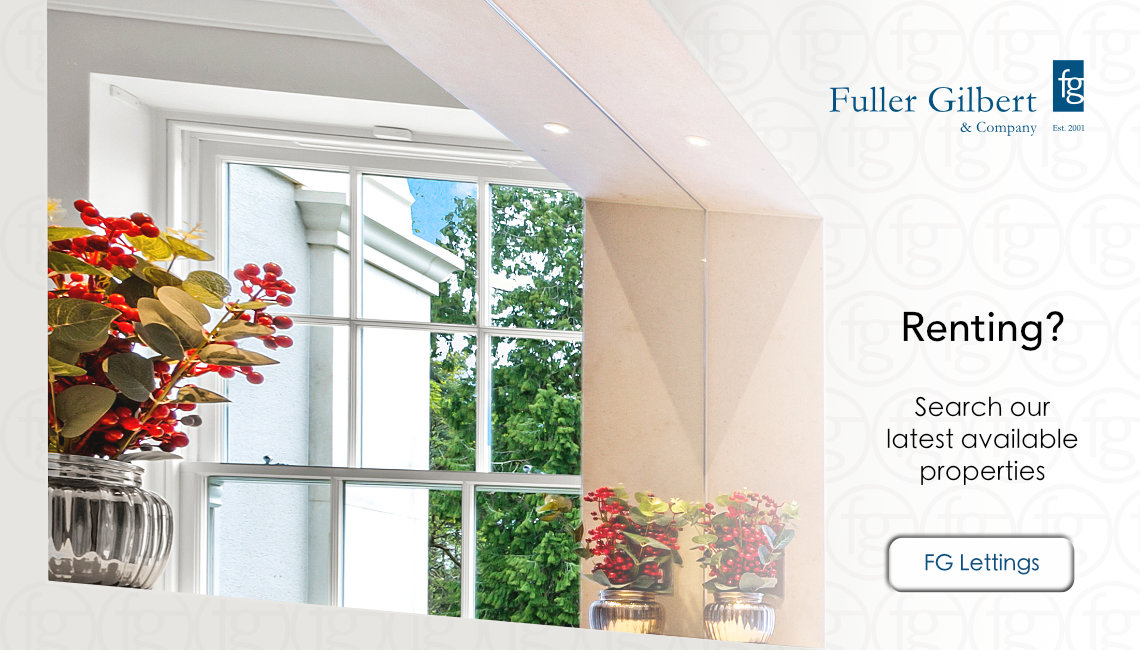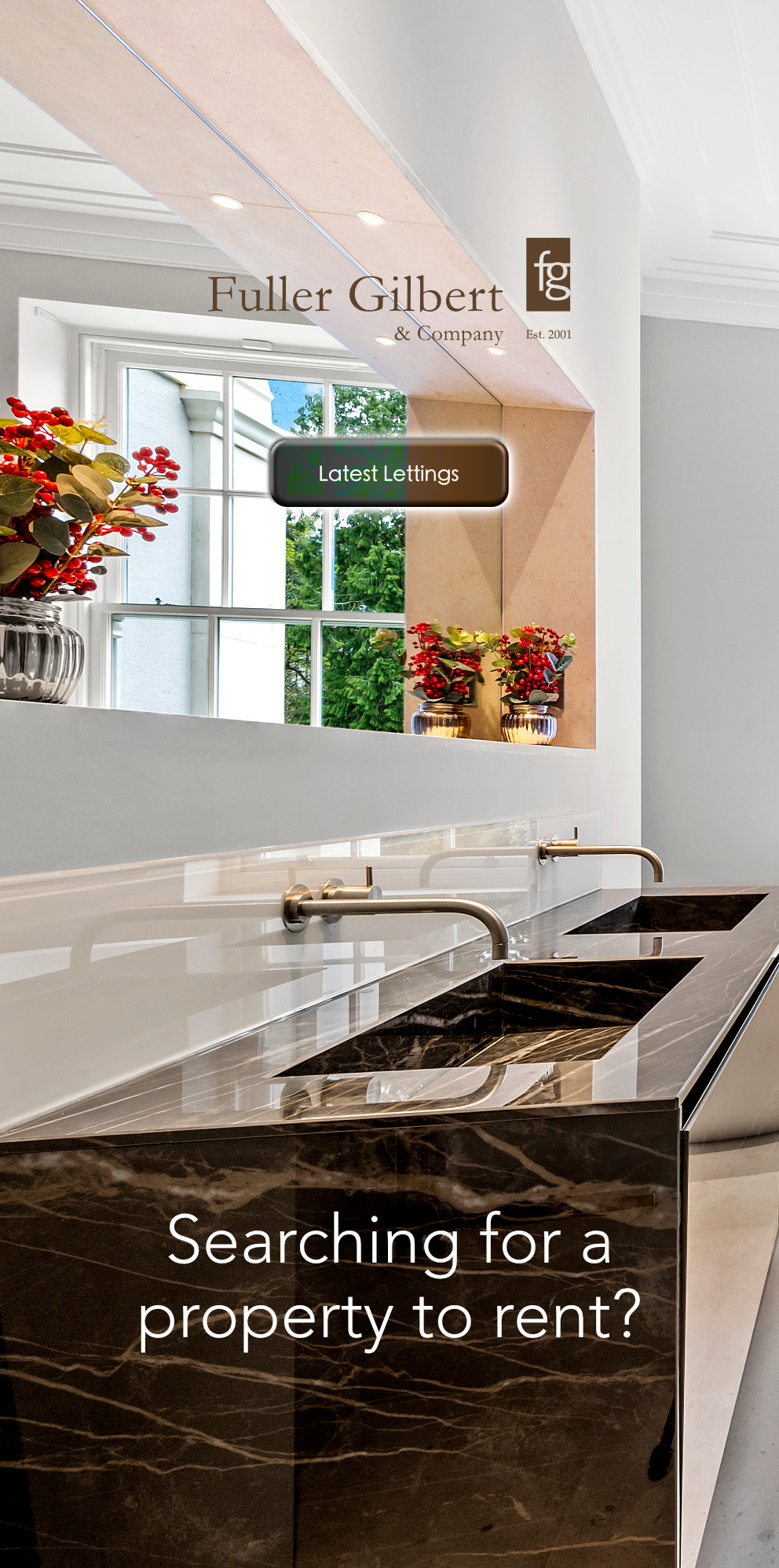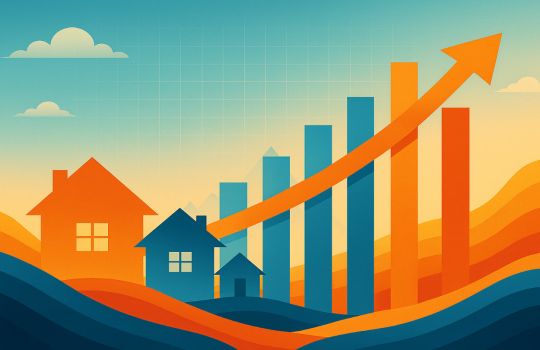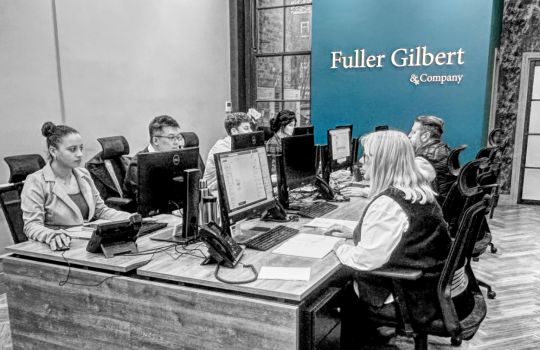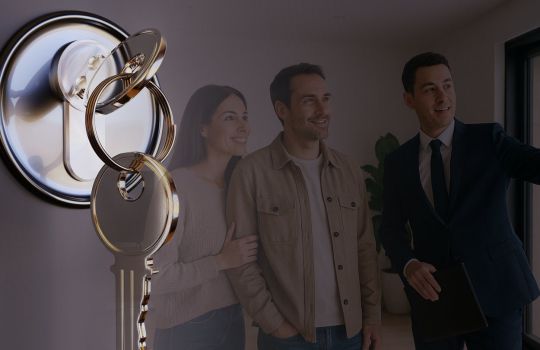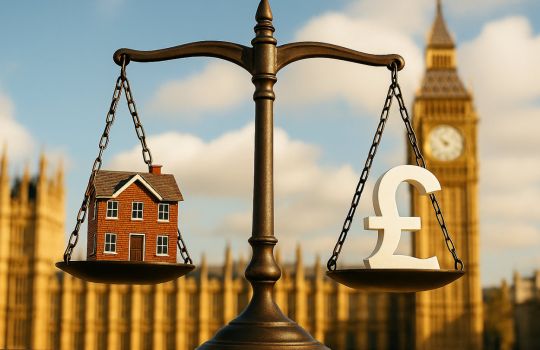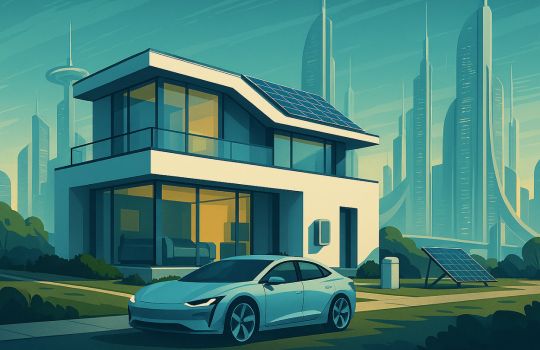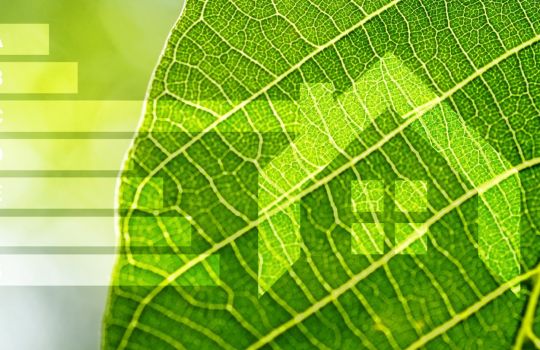It's Smart To Be Green
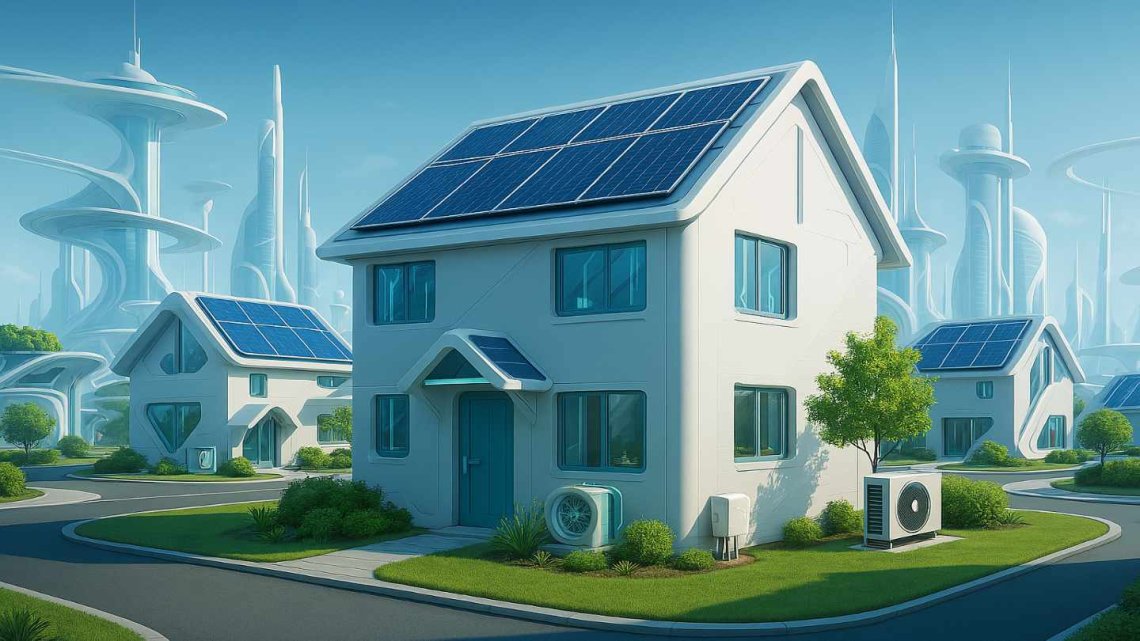
In neighbourhoods across the UK, a new kind of home is quietly redefining what it means to live well. Solar panels glint on rooftops. Heat pumps hum gently in the background. Inside, smart thermostats learn their owners’ habits, adjusting temperatures with precision. These aren’t futuristic prototypes - they’re part of a growing wave of eco-conscious homes that are transforming the UK housing market.
Sustainability, once a niche concern, is now a driving force in real estate. And it’s not just about saving the planet - it’s about saving money, future-proofing investments, and meeting the expectations of a new generation of buyers.
A Greener Generation of Buyers
The shift is being led by younger homebuyers, who are increasingly prioritising energy efficiency and environmental impact. According to a joint report by OVO Energy and Rightmove in 2024, a striking 83% of buyers now actively seek out properties with green features - from solar panels to high EPC ratings.
This isn’t just a moral choice. It’s a financial one. Government research shows that homes with an EPC rating of A or B can sell for up to 2.8% more than their less efficient counterparts. Meanwhile, homes rated F or G may see their value drop by over 4%.
Efficiency at the Core
At the heart of this movement is energy efficiency. With household energy bills still high, features like triple glazing, advanced insulation, and renewable heating systems are no longer optional extras - they’re essentials.
Modern eco-homes often include:
- Air or ground source heat pumps
- Triple-glazed windows and airtight insulation
- Solar PV panels with battery storage
- Smart thermostats and energy monitoring systems
The Energy Saving Trust estimates that upgrading a home from EPC D to B can save up to £360 a year on energy bills. For many, that’s reason enough to invest.
Building Better, Building Smarter
It’s not just buyers who are changing - builders are too. Across the UK, developers are embracing sustainable construction practices, using materials that are renewable, recycled, or low-impact.
Think FSC-certified timber, reclaimed brick, and natural insulation made from sheep’s wool or hemp. Low-VOC paints are improving indoor air quality, while modular construction techniques are reducing waste and carbon emissions.
The UK Green Building Council reports a growing trend toward circular economy principles, where materials are designed to be reused or recycled at the end of their life.
| Feature - scroll to continue... |
| continue reading article... |
The Rise of Green Standards
Several frameworks are helping to guide this transition:
- EPC (Energy Performance Certificate) – A legal requirement for all homes
- BREEAM (Building Research Establishment Environmental Assessment Methodology) – A leading environmental assessment method
- Passivhaus – A voluntary but rigorous standard for ultra-low energy homes
- Future Homes Standard – Expected to come into force in 2025, this will require new homes to produce 75–80% fewer carbon emissions than those built under 2013 regulations
Local authorities in cities like London, Manchester, and Bristol are also tightening planning rules to support greener developments.
Retrofitting the Past to Build the Future
While new builds are leading the charge, the real challenge lies in the UK’s existing housing stock. With over 80% of the homes that will exist in 2050 already built, retrofitting is essential.
Government initiatives like the Great British Insulation Scheme and the Boiler Upgrade Scheme are helping homeowners make the switch. Grants of up to £7,500 are available for heat pump installations, while insulation upgrades are being rolled out to thousands of homes.
These improvements don’t just cut emissions - they also reduce fuel poverty and boost property values.
Green Homes, Smart Investments
Eco-friendly homes are proving to be a sound financial decision. They’re selling faster, attracting higher prices, and benefiting from government incentives. There’s even talk of reduced Stamp Duty for energy-efficient properties.
For landlords, the message is clear: adapt or fall behind. While the original 2028 deadline for minimum EPC C ratings in rentals has been pushed to 2030, the direction of travel is unmistakable. Sustainability is becoming embedded in housing policy.
Looking Ahead
The future of housing is not just green - it’s intelligent, efficient, and resilient. From community energy schemes to 3D-printed homes made from recycled materials, innovation is accelerating.
And for those thinking about buying, selling, or renovating, one thing is certain: embracing sustainability today means staying relevant tomorrow.
Did You Know?
Installing solar panels can increase your home’s value by £1,800 to £5,600, depending on location and system size.
This article is for informational purposes. Always seek professional advice before making any property decisions.

